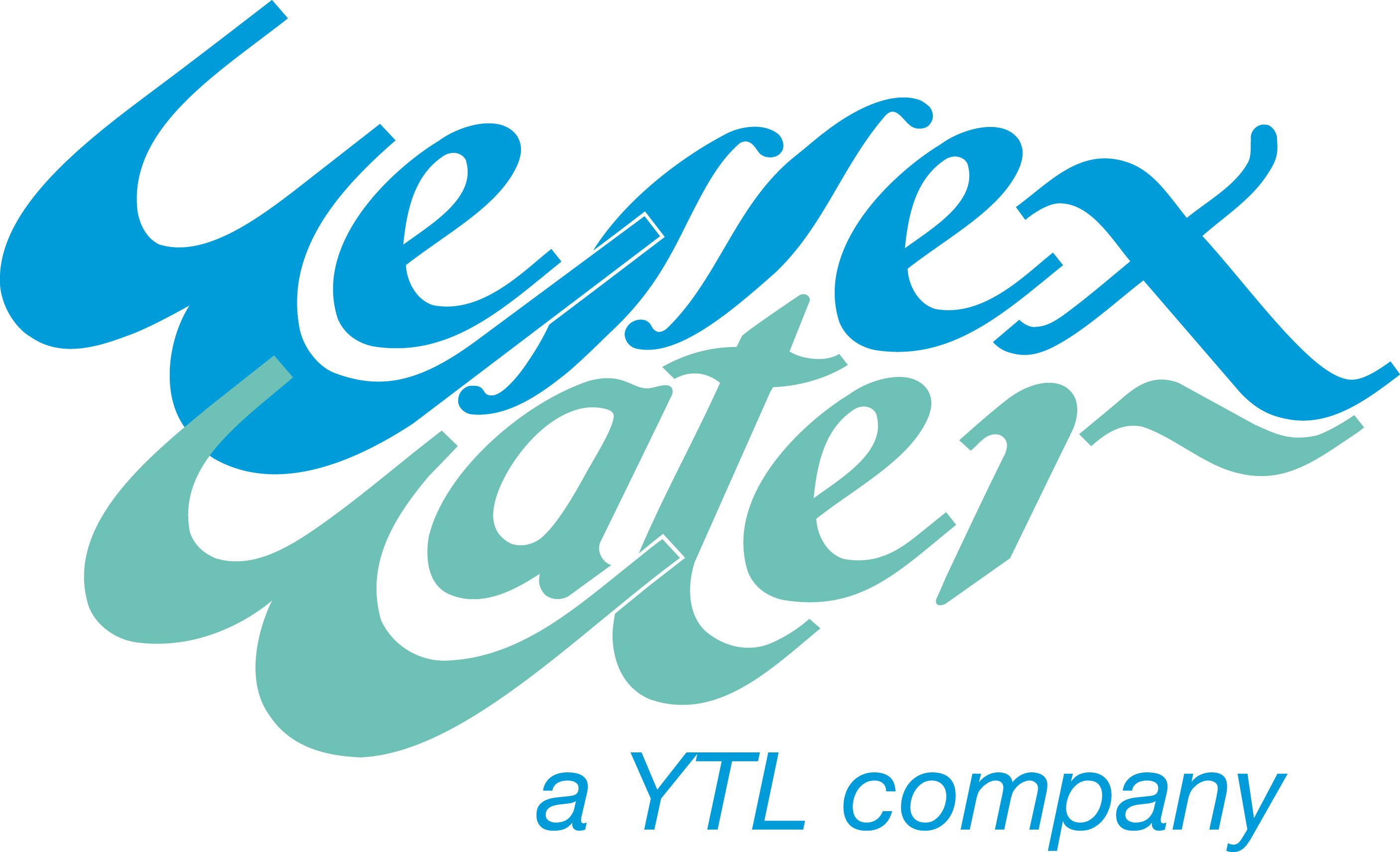ENTRUST: Wastewater fingerprinting for public health assessment
This project aims to reduce pharmaceuticals in the aquatic environment and understand the effects of ‘social prescribing’ on their use and disposal.
We are aiming to reduce pharmaceutical levels in the aquatic environment using technological advances alongside interventions targeting ‘control at source’ i.e. reducing the level of pharmaceuticals reaching wastewater treatment works’. We are seeking to understand the extent to which a population’s use and disposal of prescribed pharmaceuticals could be reduced by the use of ‘social prescribing’ (referral to sources of support within the community for non-medical conditions); changes in lifestyle; and provision of educational material and advice to create awareness regarding correct disposal of pharmaceuticals. The potential benefits are three-fold: (i) improved water quality & environmental health; (ii) increased health and wellbeing of the communities served; and (iii) compliance with environmental regulations in a cost-beneficial and sustainable way.
Project outline
Studies of urban wastewater can provide information on pharmaceutical levels as well as verifying public health status. This is because urban wastewater contains a complex mixture of chemical substances including a wide range of human related products (called biomarkers), e.g. genes, proteins and metabolites. The analysis of biomarkers in wastewater from different communities allows for spatial and temporal estimation and prediction of community-wide health under different environmental and socio-economic scenarios.
Thus far, this approach has been successfully used to determine pharmaceutical, illicit drug, alcohol and tobacco use (see: http://www.sewprofitn.eu and http://www.score-cost.eu). Further developments are now proposed, with the ultimate goal of a comprehensive public health assessment at the community level, since wastewater can be considered as a ‘diagnostic medium for the health status of a city’. This is the focus of our new EPSRC GCRF ReNEW project (‘Developing Resilient Nations – Towards a Public Health Early Warning System via Urban Water Profiling’) that will be linked with the proposed research. There is the clear potential to develop a wider range of innovative solutions to quantitatively assess patterns of factors related to health and illness within populations, while also providing a means of collecting complementary data for epidemiological and socio-economic studies in order to undertake comprehensive evaluation of public health.
Impact
ENTRUST aims to improve environmental and public health in the Wessex Water region via two interrelated WPs: 1. Adaptation and implementation of wastewater-based epidemiology as a quantitative measure of public health status in the Wessex Water region and tool for evaluating the effectiveness of social interventions 2. Development and evaluation of intervention strategies encompassing social prescribing and messaging aimed at improving public and environmental health An overarching benefit of the work will be to create a strong, multi-sector stakeholder network in the Wessex Water region to facilitate wider implementation of the approaches being investigated.

